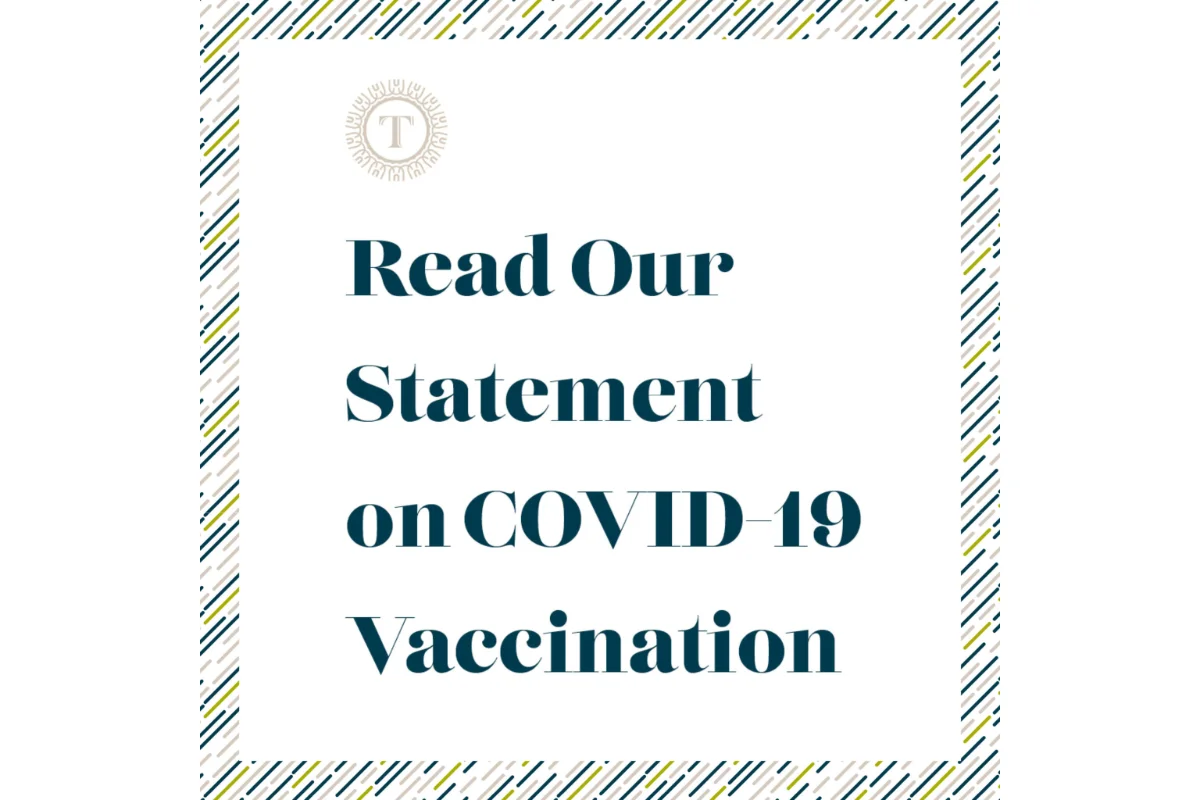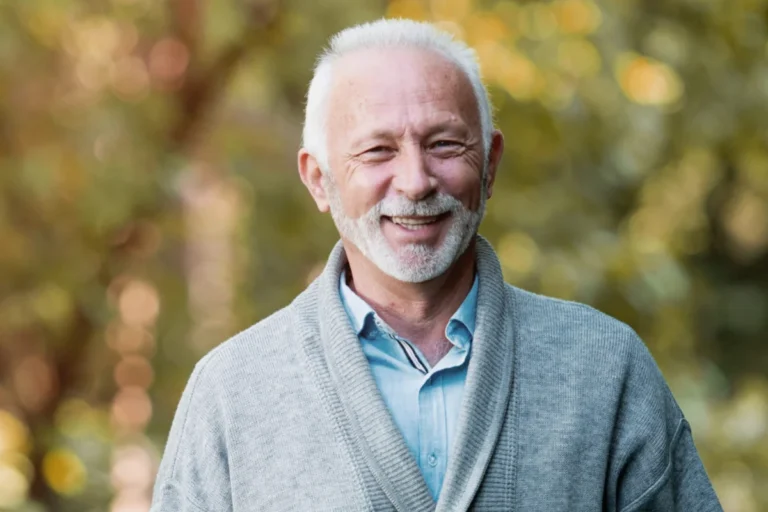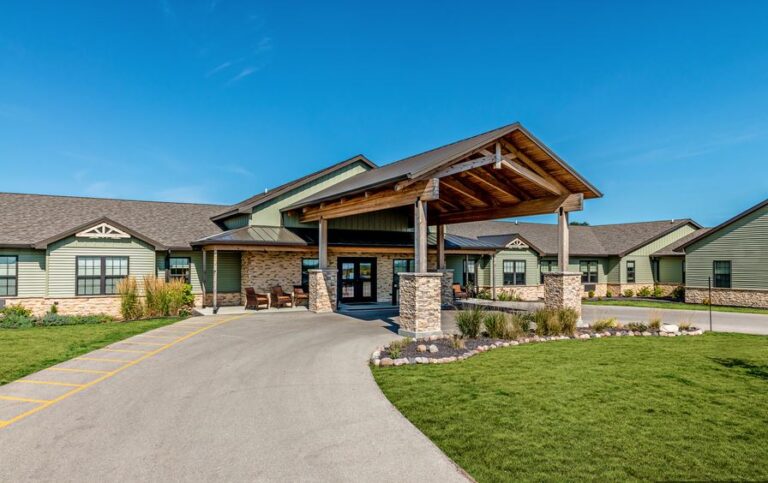Through each development in the COVID-19 pandemic, the safety and well-being of our residents and team members remains our highest priority. While leadership monitors evolving public health concerns, our policy will continue to align with the latest recommendations from the World Health Organization (WHO), Centers for Disease Control and Prevention (CDC), Centers for Medicare and Medicaid Services (CMS), American Health Care Association (AHCA), as well as our respective state regulatory bodies.
As the situation changes, we’re committed to sharing vital information on these guidelines with you. That’s why we put together this guide to recent recommendations from reputable public sources about the newly approved COVID-19 vaccines. We hope this will be helpful as your family makes decisions about vaccinations and health.
What the CDC Says About COVID-19 Vaccination
Now that vaccine distribution is getting underway, it’s a good time to review CDC guidance on vaccination. Here’s the latest from the resources we’ve compiled:
- COVID-19 vaccine safety is a top priority. Per the CDC, “the U.S. vaccine safety system ensures that all vaccines are as safe as possible.” The CDC has also developed smartphone health checkup apps like v-safe to monitor and detect any safety issues, allowing scientists to make vaccination safer and more effective using real-time data.
- Vaccination will help protect you from getting COVID-19. Depending on the vaccine you get, two doses of the vaccine could be necessary to give you the most protection. The second dose is usually received 3-4 weeks after the first.
- Supply is limited for now – but the goal is a vaccine for everyone. Vaccine availability is currently a major hurdle, though senior living communities are prioritized for distribution. We’ll take a closer look at the recommended CDC schedule in a section below.
- COVID-19 vaccination might have side effects. That’s normal. Per the CDC, brief flu-like symptoms can result as your body creates antibodies and are a fairly typical result of many vaccinations. Though rare, more serious side effects can occur.
- The vaccine can’t give you COVID-19. As stated, you may experience some side effects. But none of the approved vaccines contain live virus, so they cannot cause you to become sick with COVID-19.
- Cost is not an obstacle to COVID-19 vaccination. All doses purchased by the United States government will be distributed to citizens at no charge. In some cases, an administrative fee may be applied by your care provider, which can be reimbursed by the patient’s insurance or programs like Medicare.
- The first vaccines were approved under Emergency Use Authorization. The U.S. Food and Drug Administration (FDA) granted Emergency Use Authorization (EUA) of two vaccines following an in-depth, public review of all available data about each vaccine. More vaccines are currently being developed or are already under review by the FDA. You can learn more about the EUA process in this post from the FDA.
- COVID-19 vaccinations are one of many tools to stop the pandemic. As we learn more about the success of the new vaccination program, it’s important that we continue to use all the methods available to slow the spread of COVID-19. That means wearing a mask when entering a public building, social distancing, washing hands and avoiding large crowds.
How Will Vaccines Be Distributed?
Now that we’ve covered the basics of the CDC’s advice, you may be wondering when you and your family can get vaccinated. According to the CDC recommendations, the initial batch of vaccines are to be split into three phases. The first phase would include those at the highest risk – like health care personnel and residents of skilled nursing communities or long-term care facilities. This would include the residents and staff at Tutera rehabilitation and health care centers.
The second phase of vaccinations includes frontline essential workers (firefighters, police officers, food and agricultural workers, postal service workers, etc.) and all people aged 75 years and older. This would include the residents and staff at Tutera assisted living, residential care and independent living communities. The third phase extends to cover people aged 65-74, those with underlying medical conditions and other essential workers. While the CDC makes recommendations for who should be offered the COVID-19 vaccine first and the state has its own plan for vaccine prioritization, distribution and allocation, two national pharmacy providers (Walgreens and CVS) have been contracted by the federal government to administer these vaccines to our residents and staff.
The aim of the CDC schedule is to navigate the initial rollout of COVID-19 vaccination and reach those most vulnerable during the pandemic. As vaccine supply increases throughout 2021, the CDC anticipates that these guidelines will expand to include more groups recommended for vaccination. Ultimately, the goal is to make it easy for everyone who wants a COVID-19 vaccine to get one.
Answering Frequently Asked Questions
Still have questions about government guidelines? Here’s how the CDC answers a few of the most common queries about COVID-19:
- How many COVID-19 vaccines are under development? Currently, the two vaccines approved are the Pfizer-BioNTech vaccine and the Moderna vaccine. Large-scale clinical trials are underway for two additional vaccines for approval in the United States.
- How were vaccines developed within a year? The severe acute respiratory syndrome (SARS) and Middle East respiratory syndrome (MERS) viruses are both coronaviruses, closely related to the virus that causes COVID-19. Researchers were able to use the experience of 2003 and 2012 to inform the process for developing a COVID-19 vaccine.
- Do I need to wear a mask when I receive a vaccine? CDC advice recommends that people wear a mask that covers their mouth and nose when in close proximity with anyone outside your household.
- Should people who already had COVID-19 get the vaccine? Yes. COVID-19 vaccinations should be offered to you regardless of whether you’ve already had the COVID-19 infection. However, anyone currently infected with COVID-19 should wait until they are no longer ill and meet the criteria to discontinue isolation. Current CDC evidence suggests that reinfection is uncommon within 90 days after initial infection, so people in that 90-day period may delay vaccination if desired.
- Why do we need a vaccine? Per the CDC, vaccines are just one tool to combat the pandemic. It requires both preventing exposure and active measures like vaccines that prepare your body to fight the virus if you are exposed.
- Do I have to social distance after I’ve received the vaccine? Until experts can fully establish what level of protection COVID-19 vaccines provide in real-world conditions, the CDC recommends using all of the preventative tools available. Factors like the percentage of people vaccinated and community spread will affect the decision to ease guidelines.
- What should I expect at a vaccination appointment? You should get a vaccination card or printout that will tell you if and when you’ll need a second dose. All people who receive a vaccine should be briefly monitored on-site for any adverse reactions.
- How long does the vaccine take to work? According to the CDC, it may take a week or two for the vaccine to protect you from getting sick.
Tutera is Here to Help
The ongoing public health situation surrounding COVID-19 is fast-moving and complex – and as we all experienced in 2020, local conditions can change quickly. That’s why, during times like this, we redouble our efforts to find the best way to care for our residents and older adults everywhere. As things change, we’re doing everything we can to meet the moment with a transparent, proactive approach – and to continue communicating our approach to you.
Whether you’re a resident, family member or professional partner, we want to hear from you. Reach out with any feedback, questions or concerns you might have. Our team is always ready to open a dialogue, dig deep for answers and learn from members of our community. Together, we can achieve our goal of continually uplifting the lives of older adults by providing them with an outstanding lifestyle and top-quality care.







